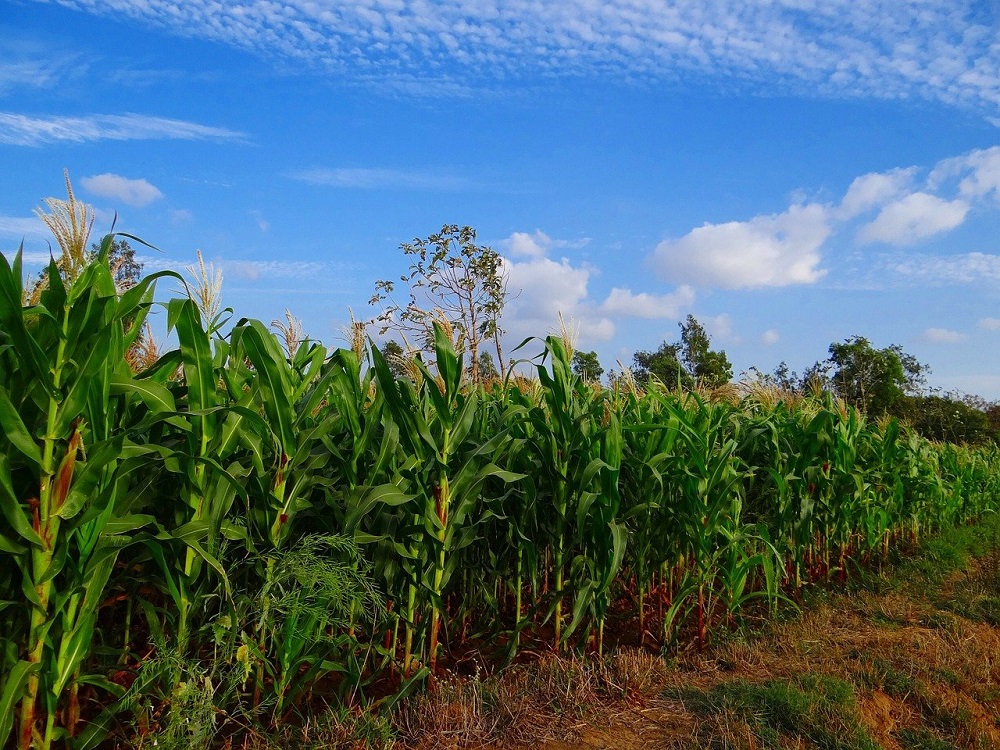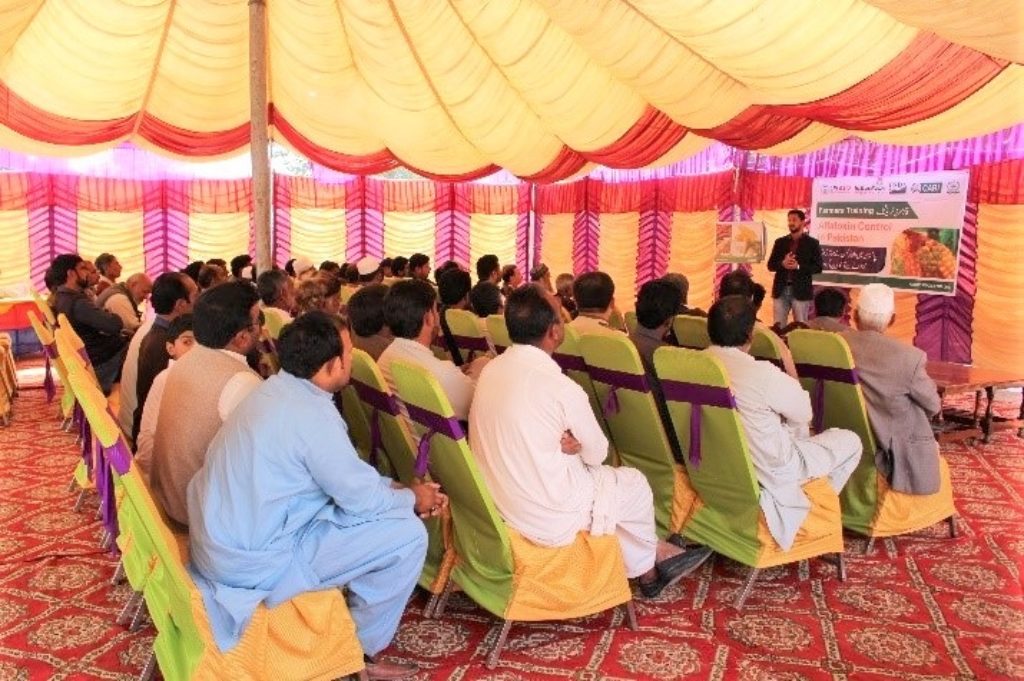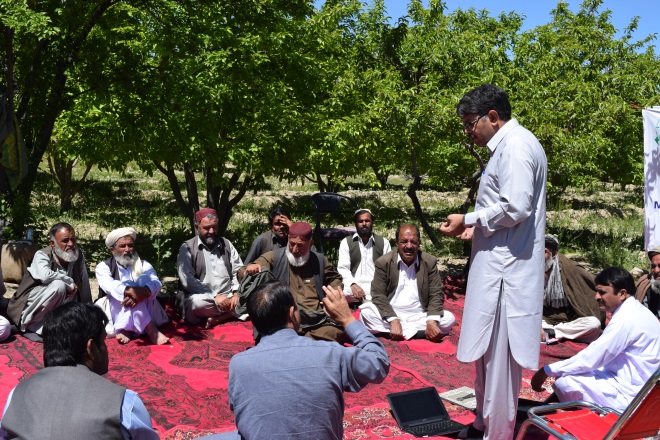Highlights from 2024: Most read blogs
As 2024 draws to a close, we’ve tallied the numbers to showcase this year’s highlights on the CABI Blog. From pest management and innovative agricultural courses to youth training initiatives and global recognition, these posts demonstrate the scope of our impactful work. Revisit this year’s most popular blogs…
Sensitizing maize growers of Punjab on aflatoxin biocontrol to produce quality crops for their communities
Dr Sabyan Faris Honey, CABI, and Deborah Hamilton, USDA Farmers in the Punjab province of Pakistan produce 85% of maize not only for the purpose of helping to ensure local and regional food security but also for export to high end markets. Due to the presence of aflatoxin levels above permissible limits (20ppb) in maize…
Scientists release new allies in the battle against invasive yellow toadflax in the Rocky Mountains
A team of international scientists are collaborating to fight the noxious weed yellow toadflax (Linaria vulgaris) in Montana’s world-famous Rocky Mountains with the help of a tiny insect – the shoot-galling weevil Rhinusa pilosa. Yellow toadflax, first introduced from Wales in the late 1600s as an ornamental and medicinal plant and to make textile dyes,…
Giving garlic mustard the biocontrol treatment
In eastern North America a species of weed has become an aggressive invader. Garlic mustard (Alliaria petiolata) is one of the most rapidly increasing woodland invasive plant species, spreading across northeastern and midwestern USA and southeastern Canada at a rate of nearly 2,500 square miles per year. The plant was most likely introduced to North…
Safer food through Aflatoxin control in Pakistan
Aflatoxins are a group of toxins produced by certain fungi found in crops such as maize, peanuts, cottonseed and tree nuts. The fungi responsible, Aspergillus flavus, can contaminate crops before and after harvest as well as contaminate animal products if infected feeds are given to livestock. Consumption of these toxins in high concentrations can contribute…
PRMP in Pakistan: perspectives of government officials of Balochistan
By Dr Umair Safdar, Development Communication Executive, CABI Pakistan A Phytosanitary Risk Management Program (PRMP) in Pakistan is implementing a biological control program for pests of concerns in the Sindh, Gilgit and Skardu regions – with the aim of helping farmers grow more and lose less to invasive species. In Balochistan, PRMP has established a Biological…
Empowering marginalized communities: Success story of Mr Maula Dad, an apple grower from Balochistan
Balochistan province is famous for producing apples, contributing more than 80% to the total apple production in Pakistan, and therefore has a significant impact on the household income of farmers in the region. However, apples are also prone to infestation by a number of different pests, of which the apple codling moth (Cydia pomonella) is of…








